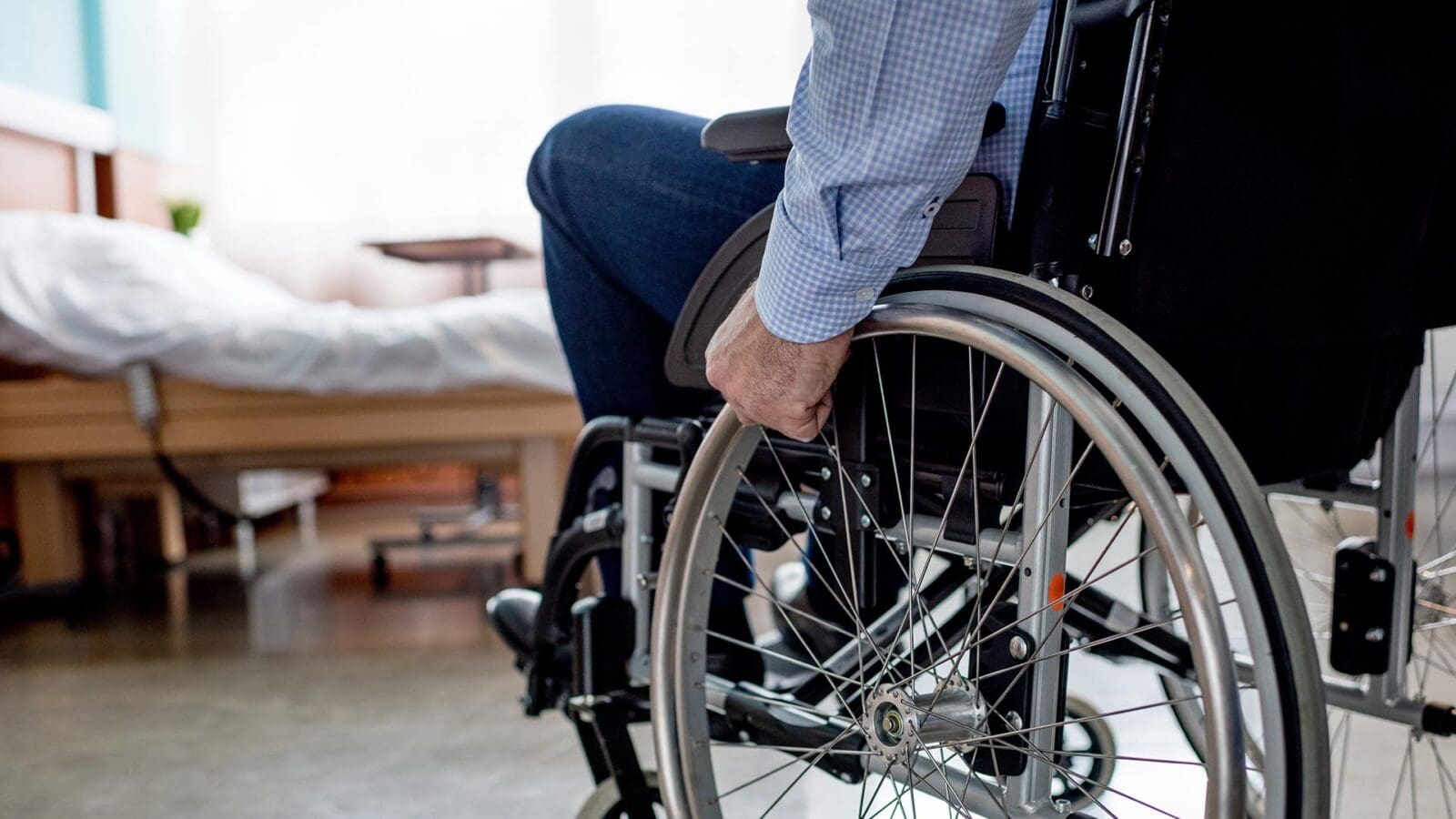
Veteran Heart Disease Claim Denial | Appealing VA’s Decision
HAVE YOU RECEIVED A DENIAL OF A VETERAN DISABILITY CLAIM FOR HEART DISEASE?
Dealing with a denial of a veteran disability claim for heart disease can leave you incredibly frustrated. Having a VA disability lawyer on your side, on the other hand, can help you navigate your claim and seek the assistance in paying for medical care that you deserve.
The VA may deny a disability claim related to heart disease for a variety of reasons. First and foremost, you may face a claim denial because you cannot show a link between your service and your disability, or because you did not show signs of heart disease or receive a formal diagnosis while on active duty. If the VA denies your disability claim, you do not have to handle it on your own! An experienced VA disability attorney can help you learn more about how to get help paying for your heart disease expenses, including how to appeal the claim denial.
HOW DOES THE VA RATE HEART DISEASE?
VA disability ratings assign a level of disability based on the symptoms you have at specific levels of exertion. To rate heart disease, the VA will check METs, or metabolic equivalents, for certain types of exercise and determine what symptoms you have at those levels of exertion. Do you experience shortness of breath, fatigue, chest pain, dizziness, or even fainting with certain types of exercise? At what point do you experience those levels of exertion?
For example, if climbing a flight of stairs, rated at around 5-7 METs, causes shortness of breath and chest pain, you may receive at least a 10% disability rating. On the other hand, if you experience those symptoms when engaging in lighter exertion, like going for a long walk around the neighborhood, you could expect as much as a 30%-60% disability rating. If you have symptoms of heart failure, you may also receive a 60% disability rating. If you reach the point where you are in chronic congestive heart failure, or you experience symptoms of heart disease with the normal tasks of daily living, including slow walking, showering, or simply eating, you may receive a 100% disability rating.
COMMON CAUSES OF SERVICE-RELATED HEART DISEASE
Service-related heart disease can occur for a variety of reasons.
Direct Service Causes
Some causes of heart disease are a direct result of the veteran’s service in the military. Sometimes, you might suffer specific symptoms of heart disease while in service, which would allow a service-connected disability. You may also have a specific event that is connected to your heart disease, including exposure to certain types of chemicals and environmental hazards known to cause heart disease.
Presumptive Service Causes
In some cases, service-related heart disease may occur for presumed reasons: because you served during a specific area, during a specific time, the VA may assume that you faced exposure to a specific chemical or hazard that could have increased the risk of heart disease. For example, veterans who served in Vietnam and certain other areas are presumed to have been exposed to Agent Orange. This exposure places veterans in a high risk category for developing hypertension, ischemic heart disease (otherwise known as coronary artery disease) and other heart disorders.
Secondary Service Connections
Sometimes, you may develop symptoms of heart disease as a result of other conditions you suffered while in service. Some veterans with diabetes, for example, may have a higher risk of developing heart disease. Furthermore, PTSD may also exacerbate or lead to the diagnosis of specific heart conditions. You may also need to take medications for a service-connected condition that can increase your risk of developing heart disease, or increase your symptoms (which may lead to VA establishing service connection by aggravation).
HOW IS SERVICE CONNECTION ESTABLISHED FOR HEART DISEASE?
In order to establish a service connection for heart disease, the VA will take a look at several key factors.
• Were you still serving in the military at the time of your diagnosis? If you received an official diagnosis while on active duty, you may have the most obvious service connection for your disability.
• Does something that you did while in service, including a chemical you were exposed to, increase your risk of developing symptoms of heart disease? This may include resumptive exposure: for example, not all service members will specifically know that they were exposed to Agent Orange, but if they served in Vietnam during the Vietnam War, they are presumed to have been exposed.
• Did you take medication for a service-connected condition that could either increase the risk of developing heart disease or aggravate your heart disorder beyond its natural progression?
• Did you have a service-connected condition, such as diabetes or PTSD, which could increase your risk of developing heart disease?
Many veterans find their heart disease claims denied because they cannot prove service connection. An experienced VA lawyer, however, can help find that connection, establish the evidence you need, and assist you with appealing your denial of benefits. Assistance from a VA Accredited Attorney is often the best option to help you obtain service connection or receive the disability rating you deserve. Contact us today to learn more about how we can help.
FREQUENTLY ASKED QUESTIONS
Do heart stents qualify for VA disability?
Yes, so long as the reason a person needs stents placed is due to their military service, heart stents could qualify a veteran for VA disability benefits.
What does the VA consider ischemic heart disease?
Ischemic heart disease is also commonly known as coronary artery disease. This occurs when there is a buildup of plaque in the arteries which results in the heart not getting enough blood flow. VA has also listed the following diagnoses as falling under the definition of ischemic heart disease for purposes of establishing service connection on a presumptive basis: acute, subacute, and old myocardial infarction, atherosclerotic cardiovascular disease, a coronary spasm, coronary bypass surgery, and stable, unstable and Prinzmetal’s angina.
What heart conditions qualify for VA disability?
Many heart conditions could qualify a veteran for VA disability so long as the conditions are service-related. Some of the common conditions include:
- Chronic heart failure
- Ischemic heart disease
- Recurrent arrhythmias
- Peripheral arterial disease
- Hypertensive heart disease
- Myocardial infarction, otherwise known as a heart attack
- Atrioventricular block
CONTACT A VA DISABILITY LAWYER TODAY
A VA Disability Lawyer’s role is to assist you throughout the confusing and often frustrating appeals process if you have been denied benefits for your service-connected heart disease. Generally, you need to be denied at least once before an attorney can assist, but once a VA Accredited Attorney is involved they will often be able to quickly determine what needs to be done in order to prove entitlement to service connection and establish the proper rating.
If your VA disability claim for heart disease has been denied, be sure to contact the VA Accredited Attorneys at VetLaw right away to make sure you get the entitlement you deserve.



